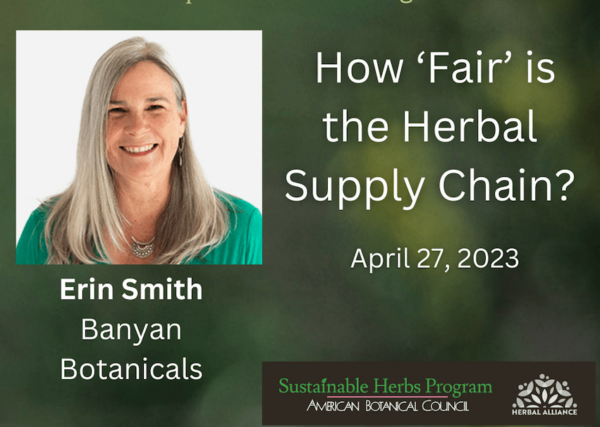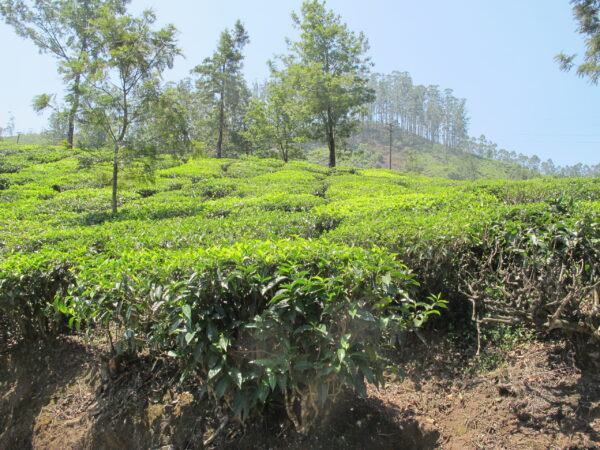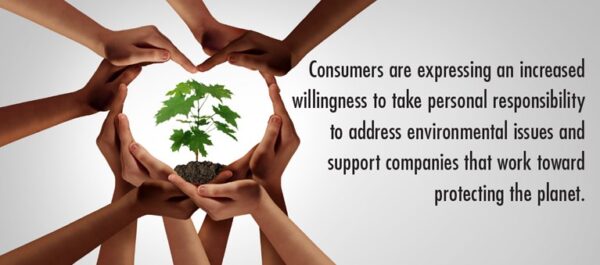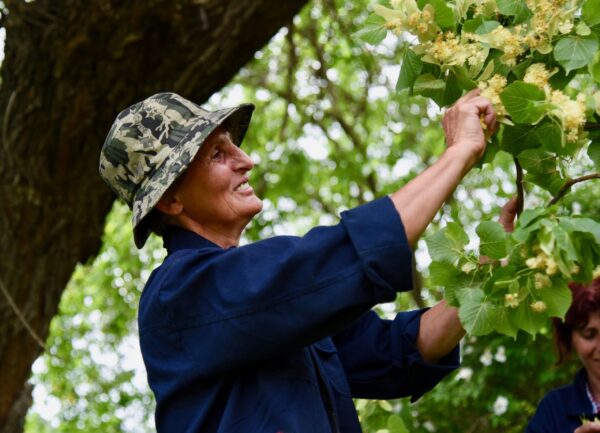What to Do: Consumers
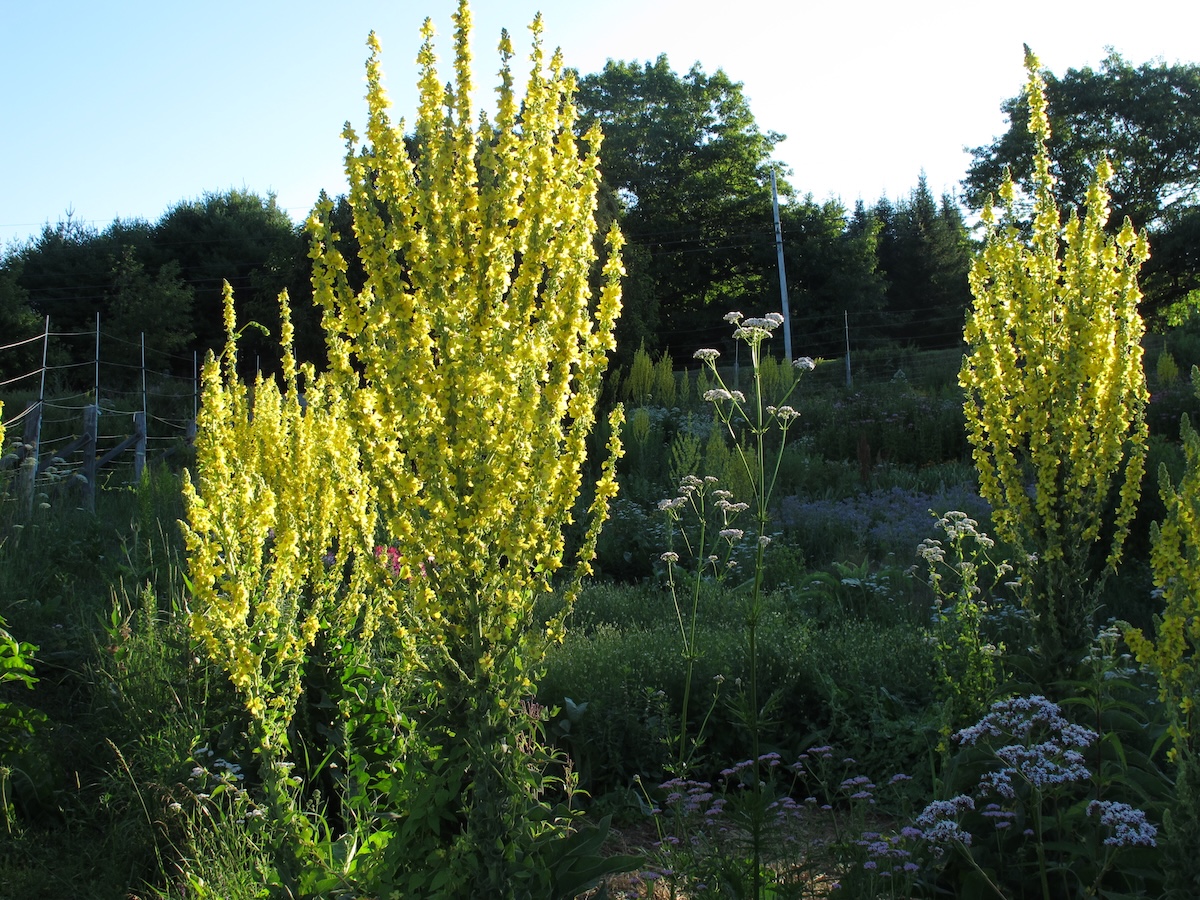
Consumers as Citizens
Contextualizing Questions and Answers
Q: What companies can I trust?
Q: Does price matter?
Q: Does buying organic herbs matter?
Q: Does buying herbs that are fair certified matter?
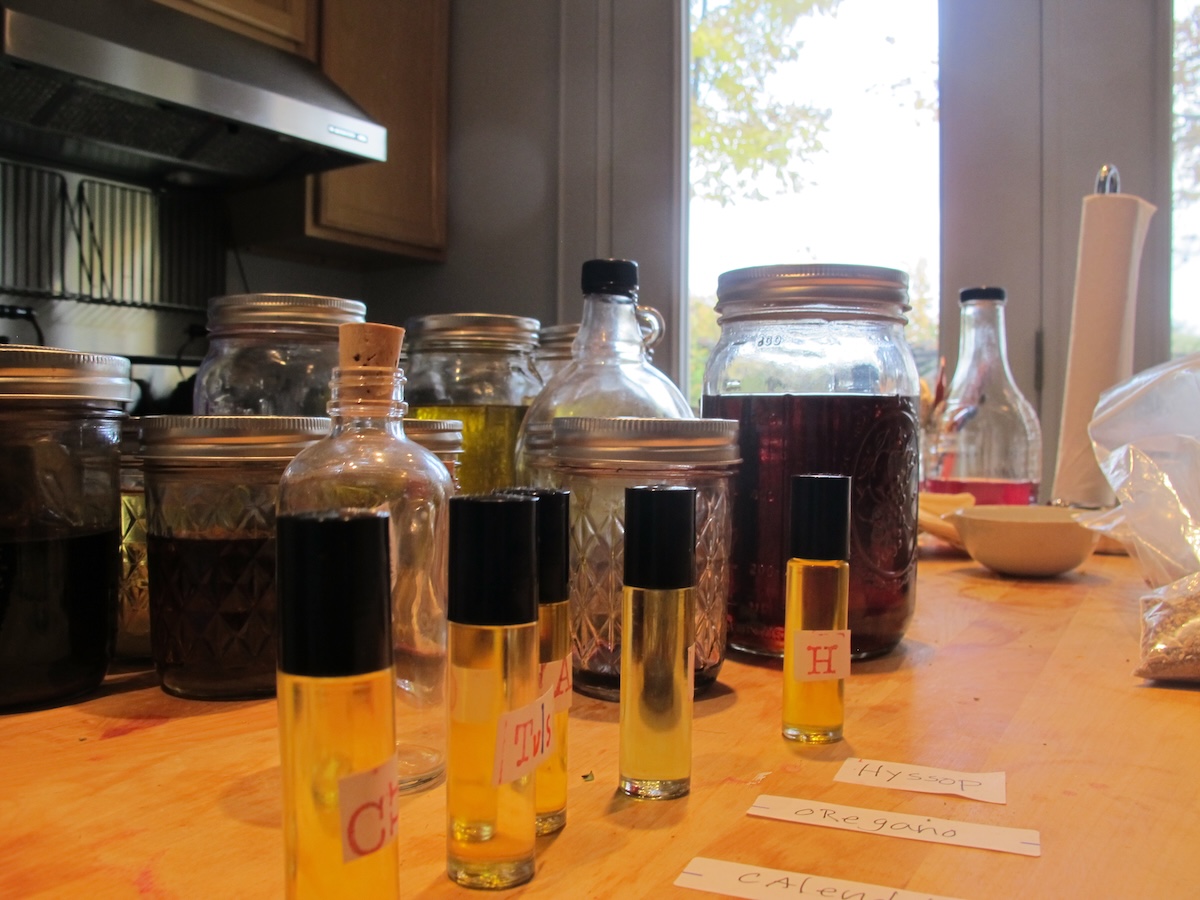
Diving Deep
As consumers, it can be hard to know where to begin when trying to find the best product – one that is good for yourself, for the people doing the work, for the plants, and for the planet. Below we’ve outlined some ways to let companies know you are paying attention. This list isn’t exhaustive, but it’s a good place to start.
Companies are trying to make changes, but it is challenging. They have to constantly juggle the tension between affordability, quality, and sustainability. Implementing any of these standards and practices takes a tremendous amount of work.
Which means the finished product will cost more.
Don’t expect to find companies that are doing everything perfectly. Look for ones that have a plan for working toward greater social and ecological responsibility and are honest about what they have and have not accomplished.
1. Corporate Responsibility
“We live in a world where we are all using the earth’s energy, the oil, water, the resources of the earth. I don’t think any business would deny that. What is important is that those companies are doing their utmost to ensure that they are putting back what they are taking out.” – Sebastian Pole
Questions to ask:
- What is a company putting back? Do the practices of a company support the way of life that is part of the very lifestyle their brand promotes?
- What is a company doing overall in terms of sustainability practices?
- What evidence do they have that they are actually following these practices?
- Certified B-corporations require a rigorous level of reporting and commitment to reviewing a company’s overall work and can be a baseline of companies ready to do the work of walking their talk.
- 2. Sustainability of Wild Collected Medicinal Plants
Watch Quality and Sustainability to know what is at stake. If you have already watched it, take a look at the section on Biodiversity and Wild Herbs.
Questions to Ask:
- Are the herbs in a particular remedy wild harvested or cultivated?
- Where are those herbs grown and harvested?
- Are those herbs threatened?
- What resource management plans does a company use to ensure the long term sustainability of harvesting practices?
Take Action:
Support companies that are working on sustainability of wild collected plants. Buy Fair Wild certified products and ask companies to consider adding Fair Wild certified products to their list.
3. Buy Organic
What is at Stake?
- Health: There is no excuse to not buy organically grown herbal products. These plants are to be used for healthcare. It makes no sense to ingest something as medicine that has been sprayed with chemicals known to cause disease. Beyond that, it makes no sense to buy a product where the workers are up to their ears in chemicals or the land is being sprayed with chemicals. Nothing is isolated. To imagine otherwise is is simply an expression of our disconnection.
- Traceability: Organically certified goods require a transparent chain of custody. Not only are you getting a higher quality, safer product, you are also supporting a shift toward a more transparent, more collaborative industry overall. Greater transparency helps ensure that those at the bottom of the supply chain, especially wild collectors and small landholders, are getting a fairer deal for their work.
Questions to Ask:
- Are their herbs certified organic? If not, why not?
- If the company says no pesticides and fertilizers are used but they can’t afford certification, how does the company ensure traceability through the supply chain? How do they make sure that the growers are adhering to organic practices in their farming methods?
- What does a company know about the water used to irrigate the soil and other potential sources of non-point contamination? This is especially important in organically certified wild collected plants. Organic certification for wild collection does not have the same rigorous standards for ensuring that collection sites are far from industrial areas.
- Are the other ingredients (alcohol, oils, glycerine, etc. for extraction) certified organic? If not, why not?
Take Action:
This one is simple: Buy organic!
4. Fair Trade
Especially for herbalists who believe in the importance of intention through the supply chain, it makes no sense to use plants for our health that have been grown and processed by people who aren’t healthy, by people who earn only pennies for their labor.
The people on the bottom of this industry, those doing the hardest work, earn by far the least amount of money. Fair certifications aren’t perfect, but they offer a framework for beginning to correct this imbalance.
Questions to Ask:
- Are the herbs fair trade certified? If not, why not?
- How much are workers, including growers and collectors, paid?
- When companies are buying through brokers and traders, how do they ensure that wild collectors in particular are paid a fair wage?
Take Action:
Many herbs are not fair trade or fair for life certified. Ask your favorite companies why not. And if they aren’t, ask what they are doing to ensure their workers are paid a fair wage and that they have secure contracts so they can plan ahead.
If companies know consumers are paying attention, the companies, will hopefully begin to pay more attention as well. Everyone I spoke with said they have customer service contact information on their websites. I had questions once about the sustainability of the osha in particular product. I picked up the phone and someone actually answered who could immediately answer my question. Even more importantly, my call meant she knew that at least someone was thinking about sustainable harvesting of osha.
We vote every day with our money.
5. Quality
Quality is last on the list not because it is least important but to highlight the fact that the quality of the finished product is only as good as the care and attention given to the cultural, ecological and economic sustainability issues listed above.
Attention to these larger issues is what ultimately leads to the highest quality products. Companies that are paying attention to the issues above will already very likely have rigorous quality control standards in place.
Questions to Ask:
- How does a company ensure the product is made from the right herb? The right part of the plant? Harvested at the correct time?
- How were the raw materials handled through the processing stages, including drying, storage, and production?
- What testing does the company do to ensure that the product is what they claim it to be and that there are no contaminants/unwanted ingredients?
Take Action:
- Watch the Quality Control video and make sure the companies you buy from are implementing this level of quality control.
- Share the video with their marketing department and ask if these are the guidelines they follow.
The takeaways
Educate yourself
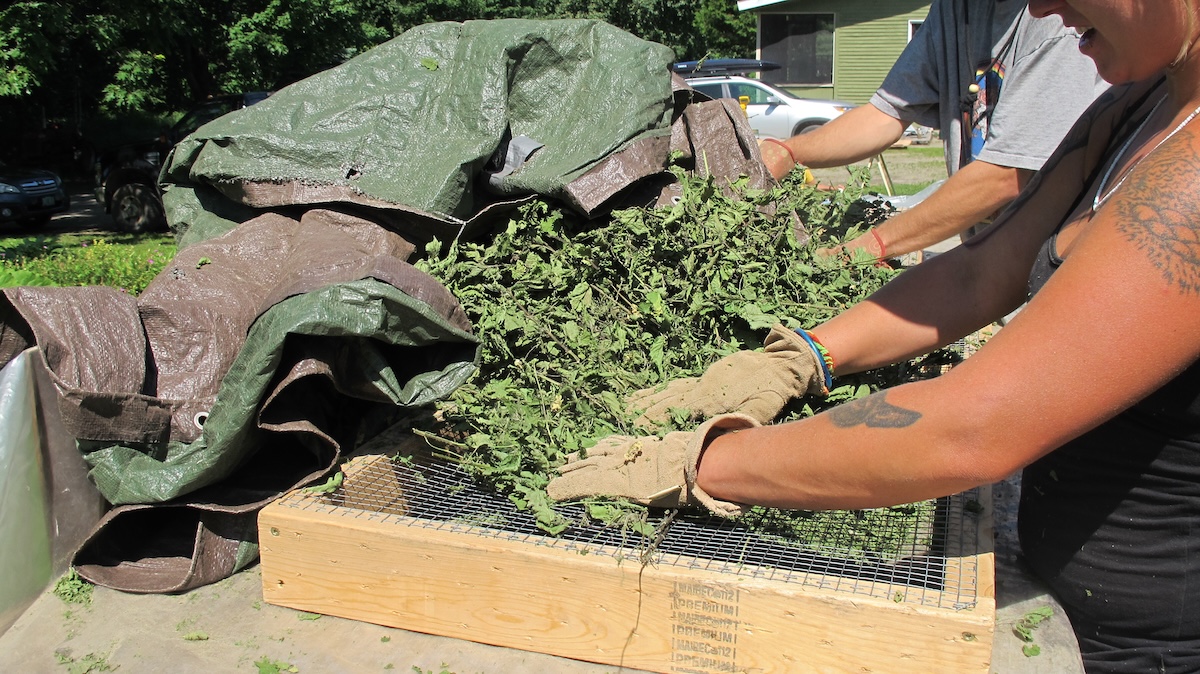
Engage
Blog Posts Related to What to Do: Consumers
How Fair is the Herbal Supply Chain?
Fair certifications are slowly gaining more momentum in the herb...
Advocacy and the Climate Crisis
Jane Franch of Numi Tea talks about Numi's climate plan...
Consumers Prioritize Sustainability
Key takeaways from HerbalGram article, “Climate-Conscious Consumers Prioritize Sustainable Herbal...
What Does Sustainability Mean?
In this video and interview, Andrea Rommeler talks about what...

